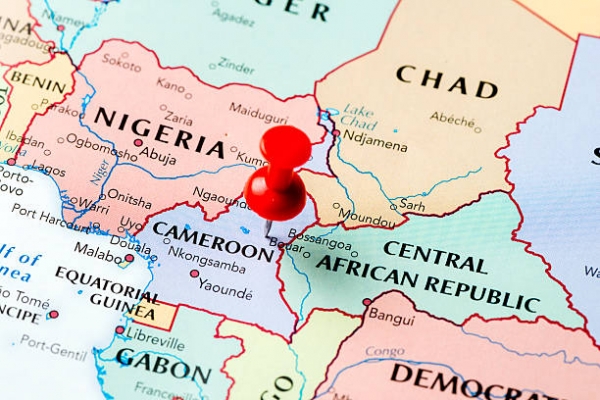The vice-chancellor of the University of Buea, Horace Ngomo Manga, stated that 11 students of his institution were injured as a result of the tensions caused by the separatist conflict persisting within Cameroon. The victims were hit by an improvised bomb thrown from the roof of a conference room in the University of Buea. After falling, the bomb wounded a boy and ten girls, who are now in stable conditions.
Buea is the capital of the Southwest Region of Cameroon which, along with the Northwest region, is mainly English-speaking, while the rest of the country is predominantly French-speaking. In 2017, feelings of discrimination perceived by the English-speaking minority led to a declaration of independence by the Republic of Ambazonia (whose territory encompasses both the Northwest Region as well as the Southwest Region), thus starting a war against the central Cameroonian government, and resulting in acts of harsh repression by the government military.
According to estimates by non-governmental organizations (NGOs) dating back to a year ago, which have not since been updated, the conflict has claimed more than 3,500 lives and forced 700,000 people to flee their homes. Since the beginning of the conflict, government forces have regularly committed serious human rights violations in the course of security operations against the armed separatists. The first victims of this situation are mainly women and girls who, amongst others, suffer killings, kidnappings, as well as arbitrary arrests. The aforementioned attack has not yet been claimed, although the English-speaking separatists have attacked schools and universities numerous times in the past, driven by the belief that they favored education in French. Furthermore, the separatists have also recently intensified attacks against the country’s armed forces using improvised explosive devices (IEDs). In Cameroon, people affected by the crisis urgently require food, shelter, protection, water, healthcare and access to basic sanitation facilities; a lack of these services, combined with overcrowding and the lack of an adequate waste management system, particularly exposes people to diseases such as cholera and malaria.
Since 2013, the European Union (EU) has allocated 161.5 million euros in humanitarian aid to Cameroon; just in the last year, 21.5 million euros were earmarked for such a purpose. Moreover, in response to the Covid-19 pandemic, EU-funded humanitarian projects in Cameroon have been taking measures to help their beneficiaries and staff maintain adequate security measures. Still, much work remains to be done, and Cameroonians in general continue to live in a precarious state.
To know more, please visit:
Cameroon: Bomb attack in University of Buea injures at least 11 students | Africanews
Cameroon: New Abuses by Both Sides | Human Rights Watch (hrw.org)
Author: Sara Taherzadeh; Editor: Maxime Grenier







